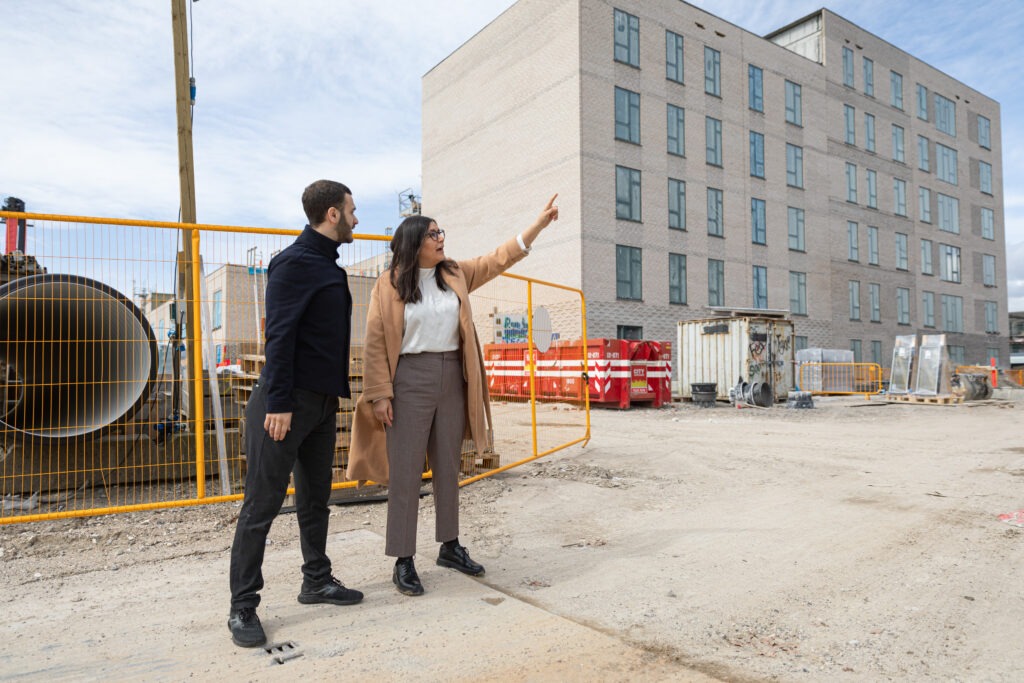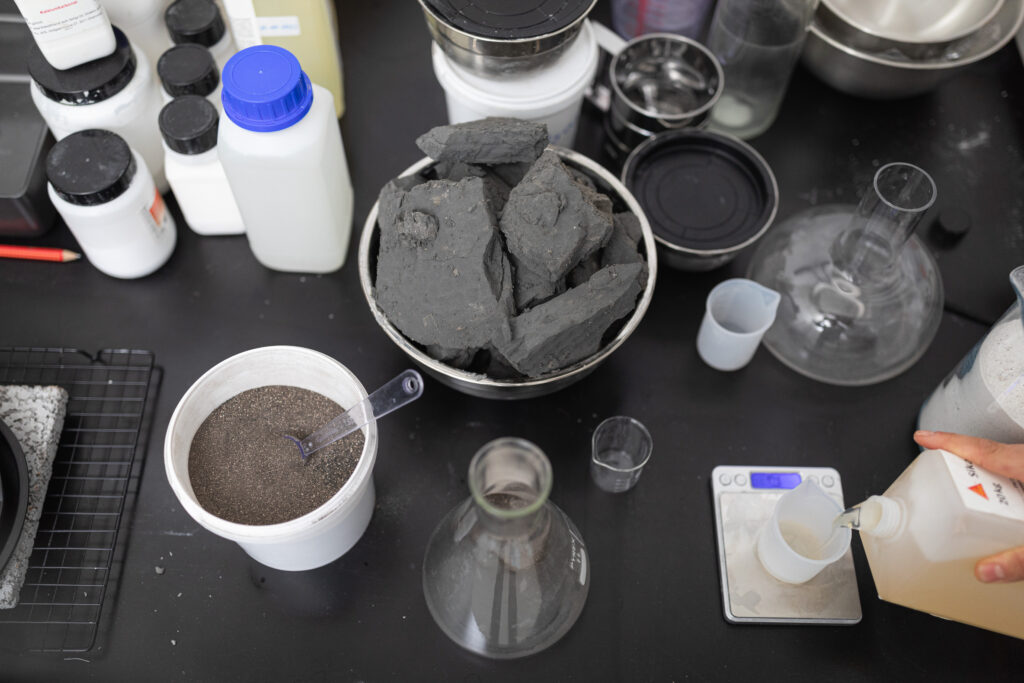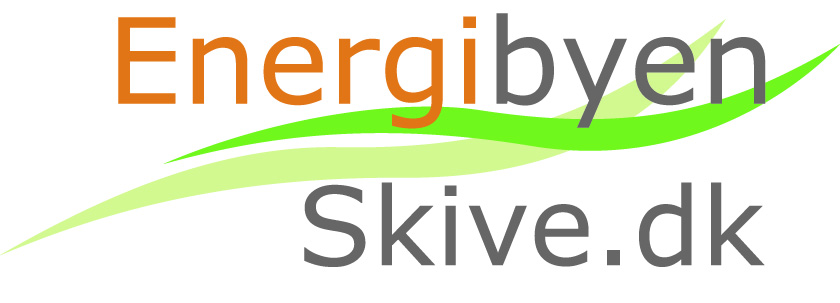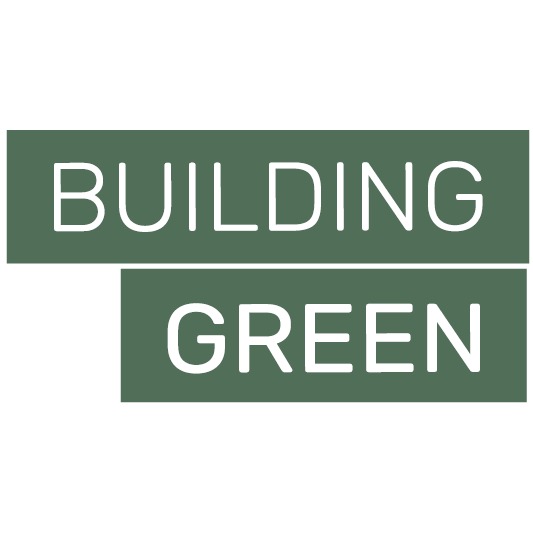Rumett is on a mission to change the plasterboard industry.
Our goal is to reduce the use of natural gypsum and repurpose mineral waste, which would otherwise end up in landfills. We’re working hard to be the first company to produce plasterboards with a new, increased sustainable material composition.
During our current development stage we have not only found ways to reduce the amount of natural gypsum, and thereby be more sustainable, but we also found ways to me the work with plasterboards a lot less taxing on the environment, more efficent during construction, and even cheaper to utilize than the current standards of the industry.
Click here to learn more about Rumetts mission.
Or wanna learn more about the company itself? Click here.

Rumett’s mission:
The Domino effect of sustainable plasterboards
What do we mean by “domino effect”?
At Rumett, our mission is to transform plasterboard production by incorporating mineral waste, lessening our dependence on natural gypsum. This strategy not only conserves precious gypsum resources but also elevates the sustainability of our products. Plus, our innovative composition delivers superior fire resistance, sparking a chain reaction of efficiency improvements and cost reductions.
The material composition in our boards also show promising results in terms of being more fire-resistant than the current standards, and this is what creates a domino effect in terms of efficency and cost reduction.
We’re developing plasterboards that represent a significant leap forward in sustainable construction. Our testing reveals that our products require up to 30% fewer materials to achieve the same fire resistance as standard options, marking a reduction in environmental footprint. Moreover, we are on track and aim to reduce the weight of our plasterboards by over 19%, from the industry standard for the same size, increasing efficiency and further contributing to lower transportation emissions. This approach not only benefits contractors by simplifying the construction process but also aligns with our commitment to environmental sustainability.

For the environment it means that fewer boards need to be transported to a construction-site, which is already a reduction in carbon emmissions in terms of transportation. And since we are aiming for the boards to be lighter in weight, this again means a smaller carbon footprint on the transportation side of the equation. We are in the persuit of plasterboards with a 40% reduced carbon footprint.
For the contractor working on the construction sites, it means a product that is more efficient to use in the construction process, as they’re only moving half the materials for the same job, the product is easier to handle due to the lessened weight, and could potentailly be massively cost effective due to only needed a single layer instead of two. And this is across the entire board – from smaller constructions to larger – the larger the construction, the greater the savings in the end.
As people in the construction industry are aware, recyclability is a major concern for the construction industry at the moment. In Europe there are scheduled regulations going into effect soon, which are heavily geared towards making the industry more sustianable, and this includes a great emphasis on recyclability.
Partners













Follow us on Linked-In to stay up-to-date with the development of the system and Rumett itself:

